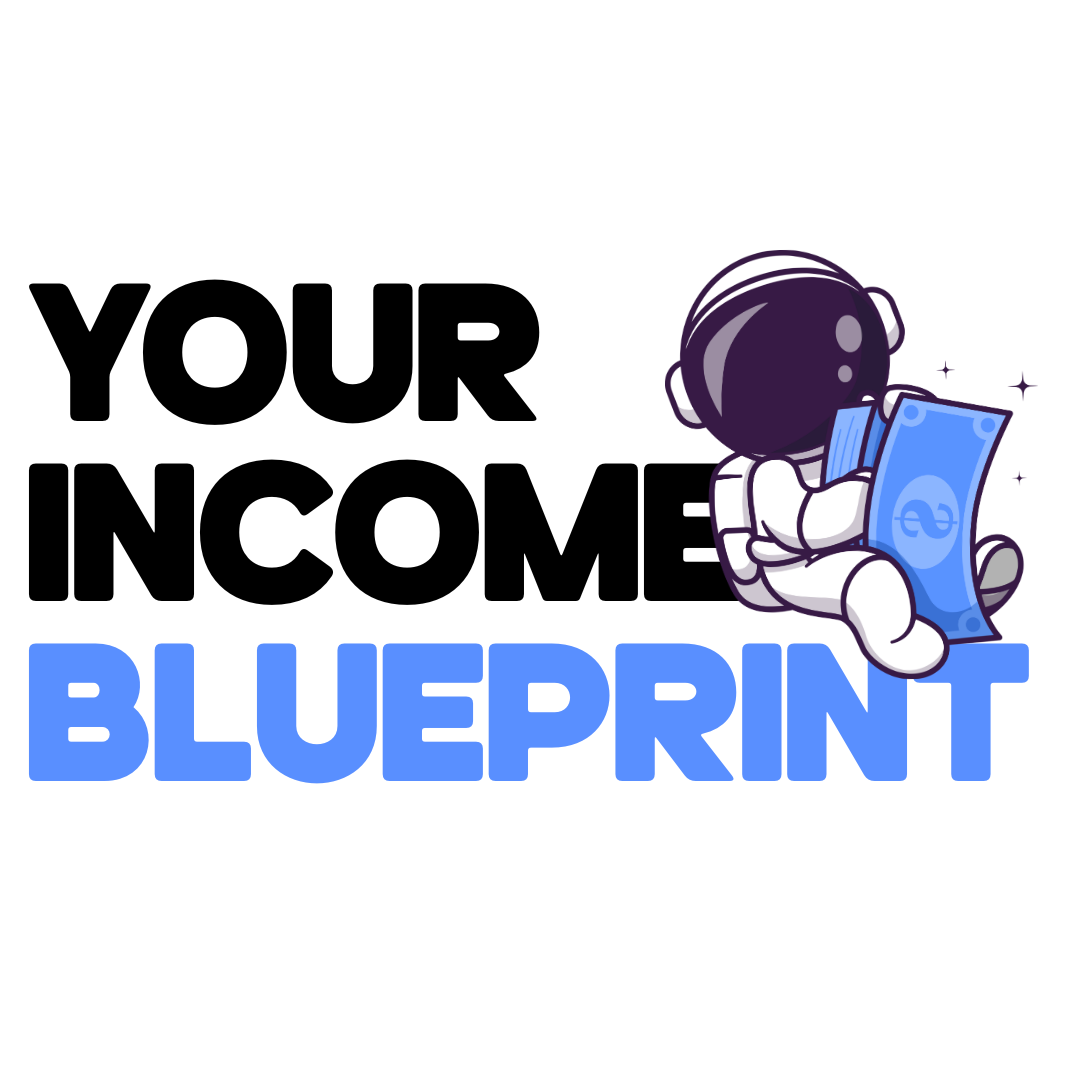Copywriting, Content Writing, Ghostwriting: What’s the Difference and Which Pays Best?
You’ve decided to make money with your writing skills, but which path is right for you?
The freelance writing world has several different lanes, including copywriting, content writing, and ghostwriting. Each one offers unique earning potential and requires distinct skills.
In this guide, we’ll clarify each type of writing, who it’s for, and the expected pay. By the end, you’ll be equipped to choose the best freelance writing path for you and take that next step toward earning real income from home.

Understanding the Three Main Types of Writing Work
Copywriting
Copywriting is writing designed to persuade or sell. Think ads, landing pages, email funnels, and product descriptions. It’s psychological and strategic. It’s conversion-focused content that plays into consumer vulnerabilities. Copywriting usually plays into one of four vulnerabilities: scarcity, reciprocity, emotional connection, and social proof.
Copywriting can be short-form or long-form depending on the medium. Brands and e-commerce stores are the target client for this type of writing.
Inside our Freelance Writing 101 course, we break down high-converting copy formulas and show you how to price them.
Content Writing
Content writing is informative, educational, or entertaining writing. It’s designed to attract and retain audiences.
Examples include blog posts, how-to guides, SEO articles, and white papers. This style builds trust and brand authority while helping websites rank high on search engines.
Blog owners, SaaS companies, and even nonprofits will often hire freelance writers to create content for them. Our course breaks down every part of content writing and provides templates for structuring content.
Ghostwriting
Ghostwriting is writing on behalf of someone else, usually without public credit.
Examples include thought-leadership articles, op-eds, speeches, and full books. Ghostwriting often pays more because of the confidentiality involved. When influential people like CEOs and educators want to tell their story, they’re usually too busy to ever actually do it and push it to the public.
That’s where the trusty dusty ghostwriter comes in. They match the tone and style of their client, so the audience can’t even tell the difference.
We show students how to break into ghostwriting and command premium rates as part of our Freelance Writing 101 course.

Skills & Mindsets Needed for Each
Each type of writing requires a different set of skills and mindset to be successful. We’ve broken them down for you here:
-
Copywriting: Persuasion, understanding of buyer psychology, conversion metrics.
-
Content writing: Research, SEO, storytelling, consistency.
-
Ghostwriting: Voice adaptation, confidentiality, professionalism.
The better you match your strengths to the type of content you choose, the faster your freelance business will grow.

Which Pays Best?
Pay depends on a variety of factors. What is the demand of your content type? What industries use your content the most? How experienced are you?
Here’s a high-level view with added context:
- Copywriting: Often $100–$500 per page or email sequence, and high-end direct-response copywriters or those in specialized niches (finance, health, tech) can command $1,000+ per long-form sales page.
-
Content writing: $0.10–$0.50 per word, with retainers for ongoing content. Well-optimized, authoritative content or technical guides can reach $0.75–$1.00 per word for experienced writers. Most articles range between 1,200 to 1,500 words.
-
Ghostwriting: $1–$2+ per word for high-level thought leadership or books. High-profile book projects and executive ghostwriting can go far beyond this, with entire book contracts worth tens of thousands.
These are just calculated averages. Pay also depends on portfolio quality and your negotiation skills. Inside Freelance Writing 101, we reveal our rate calculators, case studies, and templates so you can confidently set and raise your rates.

How to Choose the Right Path for You
Consider your strengths (persuasive vs. informative vs. voice mimicry), your ideal clients, and your income goals. Reflect on the type of writing you most enjoy and the industries you’d like to work with. For example, maybe you prefer selling tech products through your writing, or maybe you’d rather create blogs for fitness businesses.
Evaluate how much time you can commit and whether you prefer project-based or retainer relationships.
You might start with one type but diversify later. For instance, a content writer might add copywriting skills to increase earnings, or a ghostwriter may branch into content marketing to create steady income between large projects.
Many freelancers blend these services strategically to create multiple income streams, protect against slow months, and build a more resilient business.

Conclusion: Turn Your Skills Into a Profitable Writing Career
Copywriting, content writing, and ghostwriting each offer unique opportunities, skill requirements, and earning potential. By understanding the differences, you can choose the lane that fits your goals , or combine them for maximum flexibility and income.
Our Freelance Writing 101 course inside Your Income Blueprint gives you the roadmap, templates, and support to break into the writing style that suits you best.
